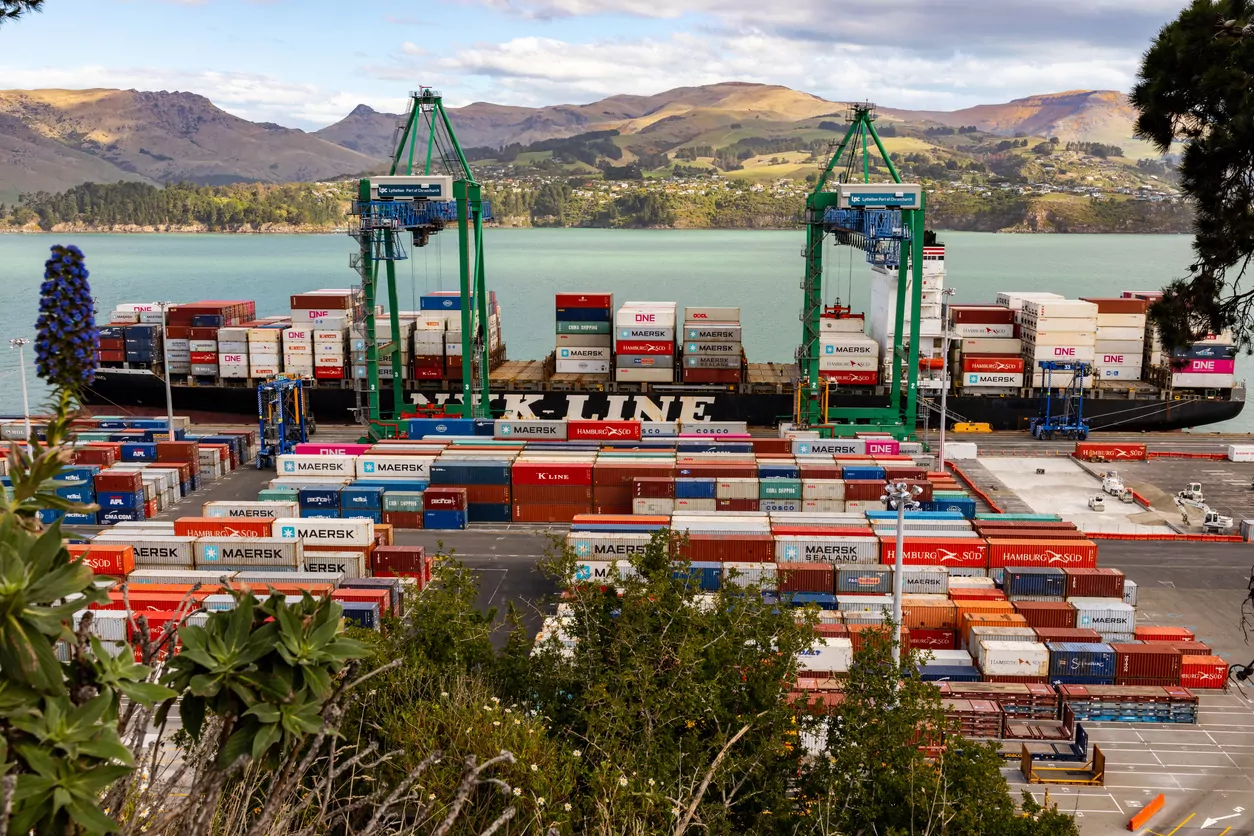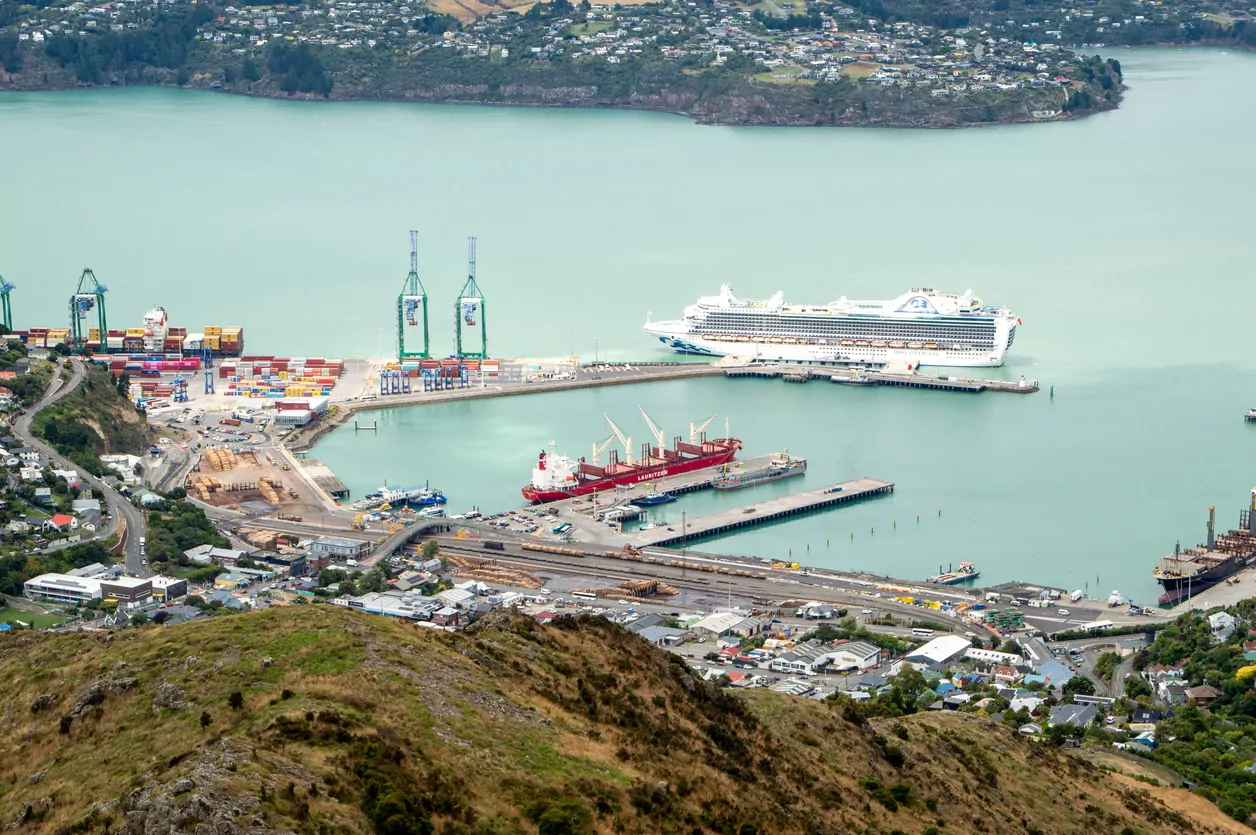Escaped youth tracked by Eagle helicopter, found hiding in New Brighton
The young person who escaped from a youth justice facility in Rolleston has been located...

A senior union official has told Christchurch City councillors trust between frontline workers and Lyttelton Port Company leadership has severely deteriorated, with most staff now having “no faith” in the port’s chief executive or board.
Mark Wilson, a cargo handler and secretary of the Lyttelton branch of the Rail and Maritime Transport Union (RMTU), delivered the blunt assessment during a public deputation on Wednesday, saying the relationship between workers and management had steadily declined since Graeme Sumner was appointed CEO.
Wilson said Sumner’s appointment came shortly after the RMTU and Maritime Union of New Zealand (MUNZ) had ratified three-year collective agreements with LPC in August 2022. At the time, both the CEO and board chair had resigned, but negotiations had continued in good faith.
He said that period was marked by genuine collaboration, where unions and management worked together to solve operational challenges and avoid industrial action.
“That model worked. Decision-making was shared depending on the issue, and problems that were too difficult were deferred until later. That kind of engagement is still working well in the Port of Auckland,” he said.
However, Wilson said the approach at Lyttelton had shifted dramatically, with lawyers now handling most of the company’s dealings with the unions. He said legal threats, Employment Relations Authority hearings, and court appeals had replaced the cooperative spirit that previously existed.
“Please don’t think we enjoy taking the employer to court,” he said. “Before any legal action, our branch committees ask if we’ve been fair and reasonable, then we consult our national office and seek support from members.”

Lyttelton Harbour
Wilson said union members had not changed their commitment to supporting sustainable growth and profit for the city.
But he warned that Lyttelton Port was a dangerous place to work and said that meaningful cultural change required worker buy-in, which he said was now “completely absent.”
He said container volumes had more than doubled over the past two decades, but frontline staffing levels had remained largely unchanged.
“We deal in facts, not spreadsheets or narratives,” he said.
Wilson said the current LPC leadership viewed the union as an obstacle, and engagement now consisted of only the “minimum legislative requirements,” with management unilaterally pushing through change proposals, role disestablishments, and policy shifts that affected workers’ conditions.
He accused management of reinterpreting collective agreement clauses to suit an agenda that diminished union involvement, despite the council’s instructions to foster strong industrial relationships.
“The rate of unilateral change at LPC seems to come straight out of a playbook on how to reduce union coverage and cohesion in the workplace,” he said.
Wilson said the company had offboarded all managers who previously had good relationships with workers, and trust in the executive leadership team was virtually nonexistent.
“We have no faith in the CEO. We have no trust in him or the board, including the chair, who continues to back the current direction,” he said.
He ended his deputation by inviting councillors to attend the RMTU’s upcoming AGM at the Naval Point Yacht Club in August, saying the union remained committed to transparency and representing its members.
Christchurch City Council, through its investment arm Christchurch City Holdings Ltd (CCHL), is the majority owner of Lyttelton Port Company.
Lyttelton Port Company was asked to answer questions by Chris Lynch Media. Instead the company offered two lines. “LPC always seeks to engage and cooperate with our Unions. This matter remains before the Employment Court, and we have nothing more to add.”


